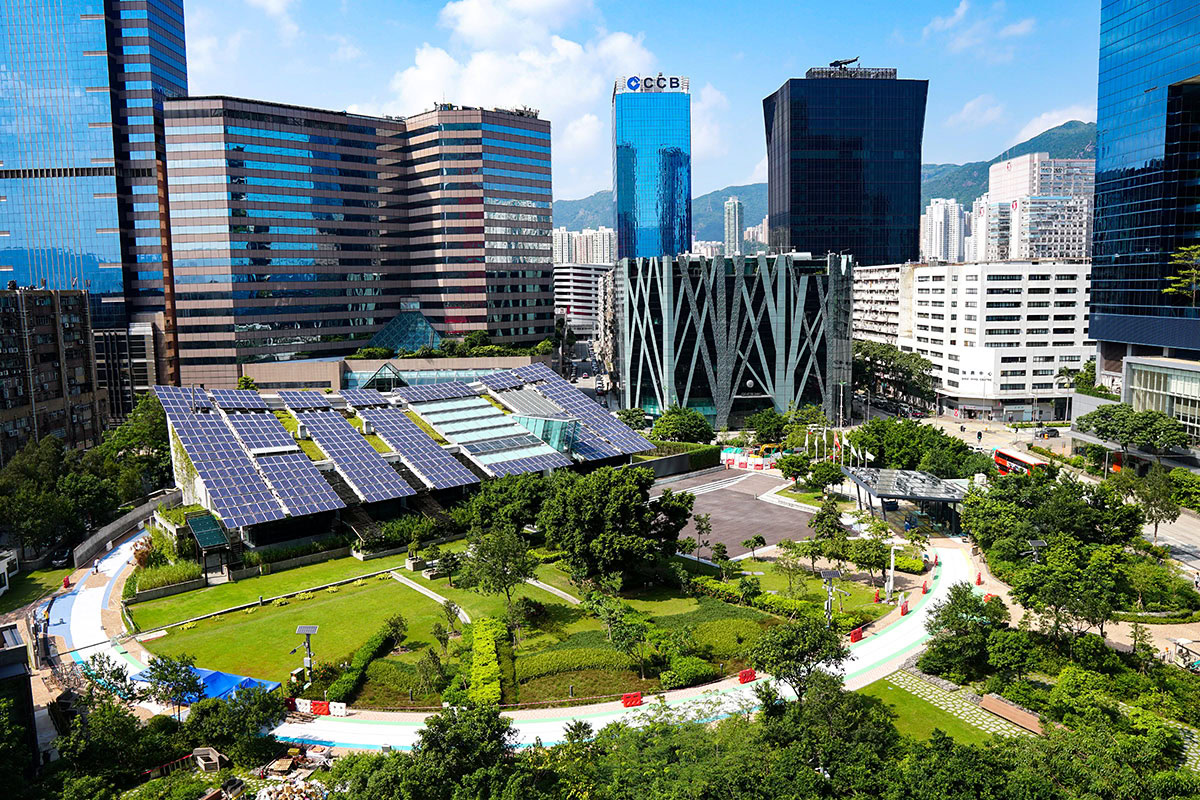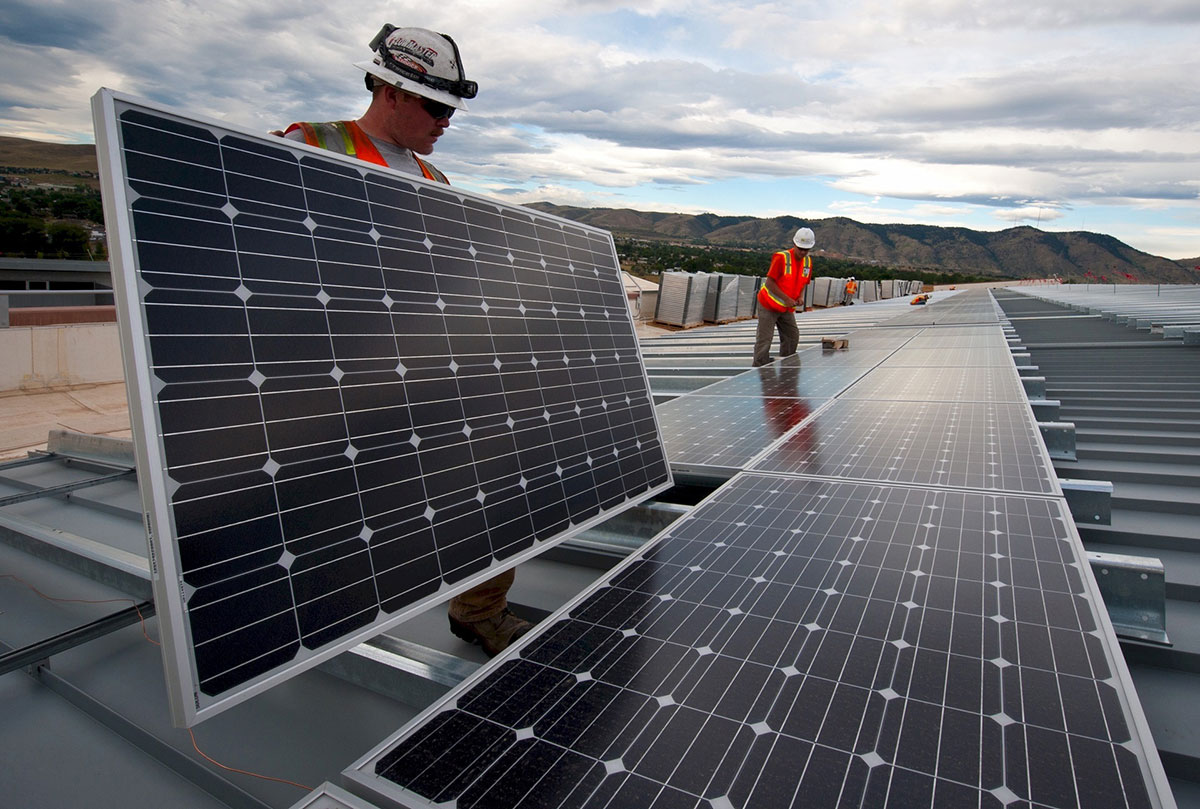
Incentives to build green in South Africa
October 29, 2019
Have you heard the joke, what did South Africa use before candles? Electricity.
The South African treasury, and various municipalities have put several measures in place to encourage investment in green building and green building technologies – including solar energy. And, whether you are a property developer, home owner or simply an individual wanting to invest in green building solutions, there is a solution that would interest you.
A bold step in the right direction has been published by the City of Ethekwini in the 2019/ 2020 rates policy which allows rebates or reduction in property rates on buildings that are in possession of an ‘As Built’ rating certificate awarded by the GBCSA and which comply with related criteria.
Cutting your energy bill and decreasing tax
The Section 12L energy efficiency savings tax incentive (Section 12L), which was extended until 2022 in the 2019 Budget speech, enables small and large businesses to save as much as 30% on their energy bills.
“The 12L tax incentive’s objective is two-fold – to encourage energy saving in a constrained capacity environment and to assist in meeting the country’s commitments to reduce carbon emissions over the next few years,” said Barry Bredenkamp, General Manager at the South African National Energy Development Institute (SANEDI) in a statement.
The tax incentive not only reduces companies’ carbon foot print but lessens their demand on dirty coal-generated electricity from Eskom.
“The current rebate of 95c/kWh saved on energy consumption has proven to be of great interest to industry, as more and more businesses sign up with us,” said Bredenkamp.
- Online training available: Green Star Existing Building Performance
In order to claim the deduction, the measurements must be in kilowatt per hour and the energy savings must visible over 12 consecutive months, when compared to the previous 12 months of baseline measurement.
“In some instances, we have seen customers save up to 30% on their energy bill and in addition receive a tax allowance on their tax return,” said Bredenkamp. “There is a calculator on our website (https://sanedi12ltax.org.za/#!/content/home) where one can check the feasibility of applying for the incentive and get an indication of what the benefit will be.”

Professional appointed to oversee energy measurements
Once the project is submitted to SANEDI, the figures are verified by a Measurement and Verification (M&V) professional, appointed by an M&V body. The building can be a plant, a hotel or normal office premises. Currently, residential households are excluded from applying for this benefit.
SANEDI explain that the assessor will submit all the information to SANEDI and it would then proceed with an evaluation to ascertain whether the claim is in line with the appropriate regulations and standards, and can be approved.
New business models incentivising solar
And the government is not the only player incentivising electricity generation and use by solar PV.
Several new businesses now target individuals and households by offering services centred around generating electricity by harvesting sunlight. Aimed at different segments of the market, the opportunities become greater each time legislation and regulation becomes clearer and more enabling.
Buy to invest
Fedgroup’s impact farming venture installs panels on rooftops of commercial buildings around the country. Through the mobile app individuals can buy a panel for R5000 and earn monthly returns, which allows them to become an independent power producer in their own right. Fedgroup also rent roof space for their solar installations.
Rent to own
Solarent offers a model to homeowners who want to avoid the large initial costs of installing a solar hot water system. With a monthly debit of R399 and a depost of R1800 Solarent will install and maintain a solar geyser on your roof, and once it is paid off after an expected three to five years, it is yours.
Whether you represent the interests of a large company interested in claiming back some of the costs of starting to generate electricity from solar power, or if you interested in helping your household to stop heating up the bathwater with dirty electricity there are many alternatives available.
Existing building performance (EBP) is a key metric to understand before being able to make the right decision. The GBCSA offers online training in measuring EBP, and successful candidates become Green Star Accredited Professionals.
Find out more about becoming an EBP AP!






